In a rare occurrence in the history of Pakistan, an industry has been found to be indulging in monopolistic practices and brought to book accordingly. In a detailed verdict issued recently, the Pakistan Banking Association (PBA) was formally penalised for acting beyond its mandate by playing a "lead role" in forming a seven-bank cartel, while the seven banks which introduced the Enhanced Savings Account (ESA) scheme were also fined.
The decision was announced in a suo motu action taken by the Competition Commission of Pakistan (CCP) in response to a PBA advertisement to introduce the ESA scheme on behalf of its members, indicating a cartel-like behaviour. The order stated that the advertisement fell within the purview of the prohibitions prescribed by the relevant law and it had become "abundantly clear that the PBA decision vis-à-vis the ESA scheme had the object or effect of preventing, restricting and reducing competition in the banking sector".
Each of the banks was liable to pay Rs 25 million while the PBA was fined Rs 30 million. The seven banks which were penalised are: HBL, ABL, MCB, UBL, NBP, Saudi-Pak Bank and Atlas Bank Ltd. According to CCP's Chairman, Khalid Mirza, if the banks were caught in a cartel-like activity again, they could face tougher action.
Banks could file an appeal against the verdict before a two-member bench of the Commission. The decision could also be challenged in the Supreme Court. Regarding the consent of the State Bank to the ESA scheme, no evidence was placed on record by the PBA to support the plea that the scheme had the approval or blessings of SBP.
According to credible sources, the affected parties were quite edgy and have not accepted the verdict gracefully. They are reported to be considering various options, including approaching the State Bank or Supreme Court of Pakistan, but have not finalised their response as yet. According to PBA President, Aftab Manzoor, "We took an initiative for small depositors and offered higher returns, but the CCP made it a cartel issue".
Some bankers felt that the CCP went beyond its jurisdiction while the Commission said that the PBA overstepped its mandate. A view was also expressed that the State Bank needed to be involved as it was the regulatory body. According to the latest information, PBA has decided to file an appeal with the CCP as provided under the rules, probably to avail itself of all the options.
We don't want to discuss the merits of the case and express an opinion at this stage because the issue is virtually subjudice and may well end up before the Supreme Court of Pakistan where it will be thoroughly discussed and argued by the lawyers of CCP and PBC for the final verdict.
However, the latest activism of the CCP needs to be appreciated. Obviously, in a free market economy, consumers of various services and products can be and, in countries like ours, are exploited by forming visible or invisible monopolies/cartels and it is the duty of the government to protect their interests through legally constituted independent bodies to check monopolistic and unethical practices.
In Pakistan, the role of such a body has all along been insignificant or marginal at best. The fact that the CCP has now started showing its teeth would be reassuring for a vast majority of population that is usually seen complaining about the cartel-like behaviour of various sectors like sugar, cement and steel industries.
Unnecessary victimisation, however, needs to be avoided at all costs. In order to be really effective, the CCP, per force, would be required to develop competence of a high order because most of the cases will finally end up in the highest court of the land due to the clout and resources of various groups of industries. This would make CCP more visible and relevant.
In the instant case, although the amount of penalty is insignificant compared to the size of balance sheets of the affected parties, yet it would send a strong signal to the market that, henceforth, the government of Pakistan would have zero tolerance for monopolies/cartels indulging in shady practices. Such denial of sympathy will be hugely popular among the public and bodes well for the development of a more competitive spirit within various sectors of the economy.
BR100
15,115
Increased By
28.1 (0.19%)
BR30
43,048
Increased By
175.6 (0.41%)
KSE100
149,493
Increased By
257.8 (0.17%)
KSE30
45,518
Increased By
11.6 (0.03%)


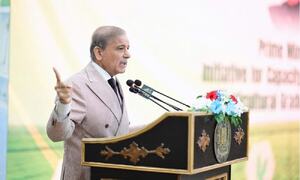











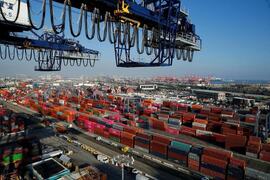

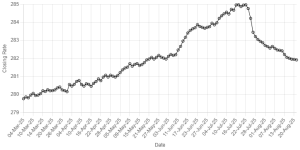

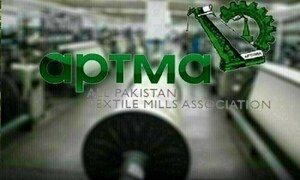

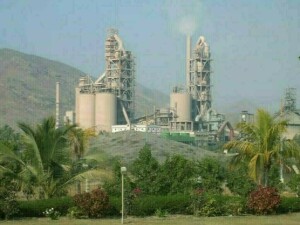
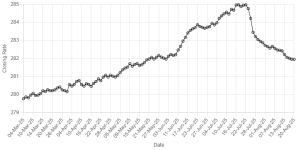

Comments
Comments are closed.